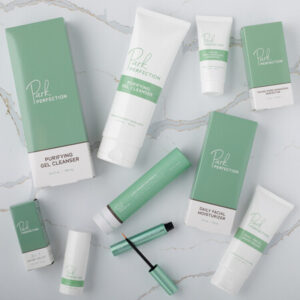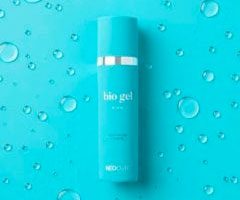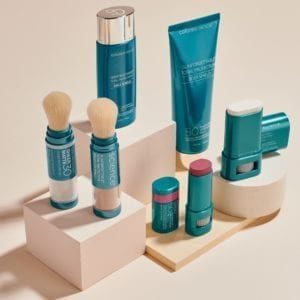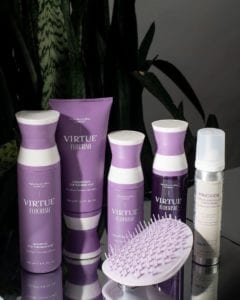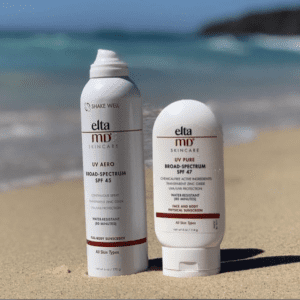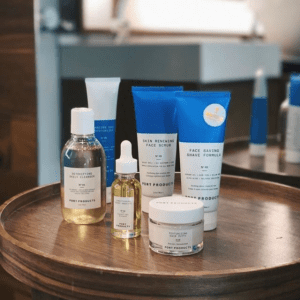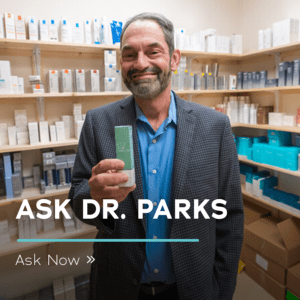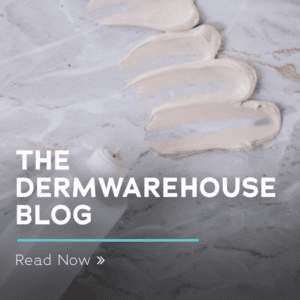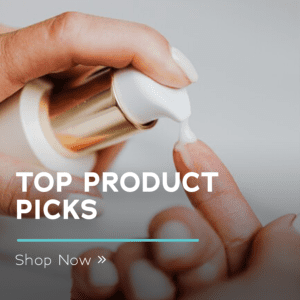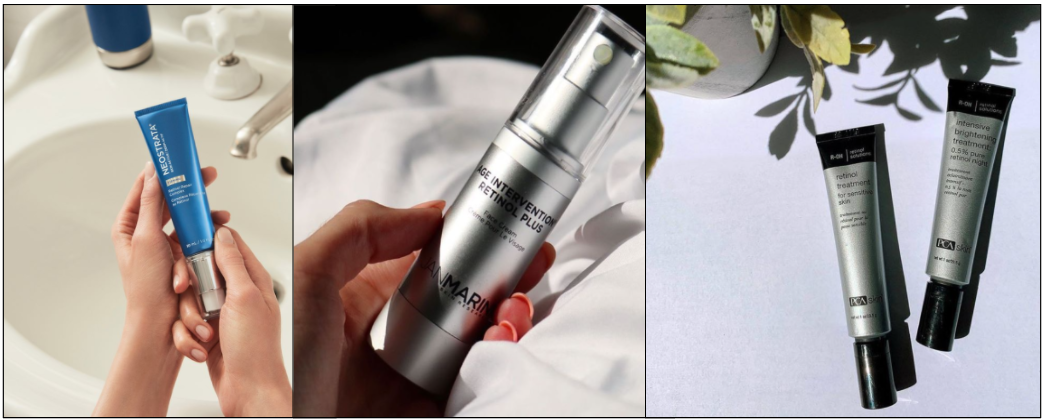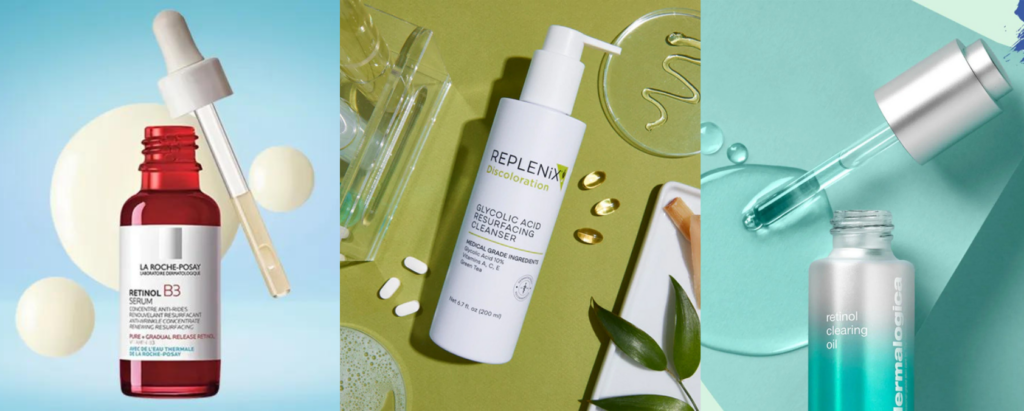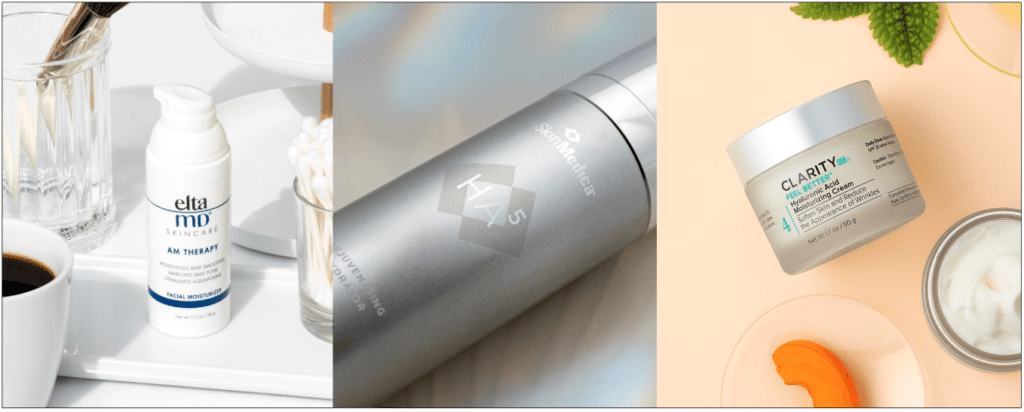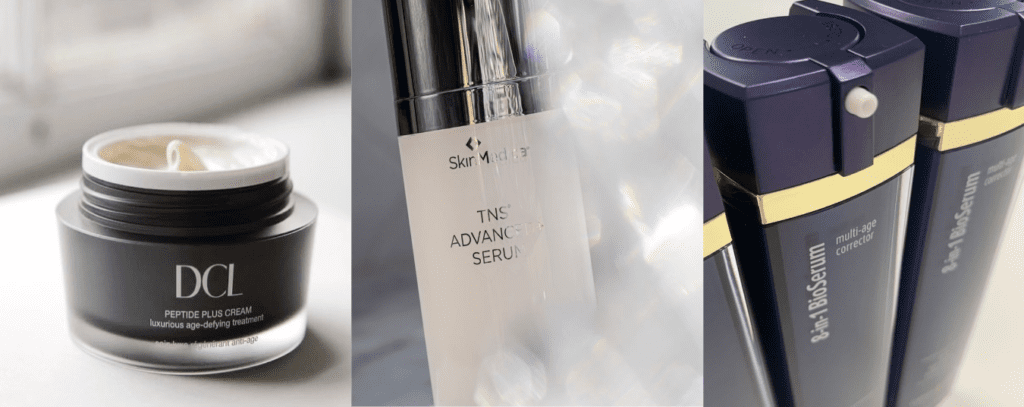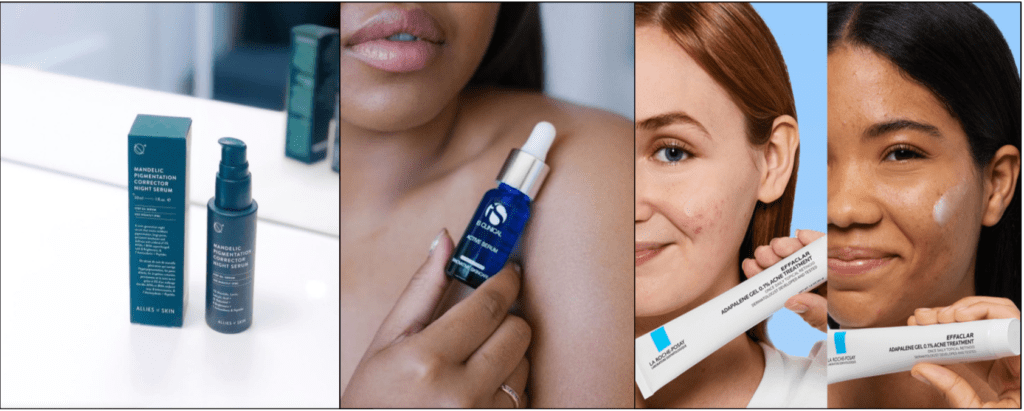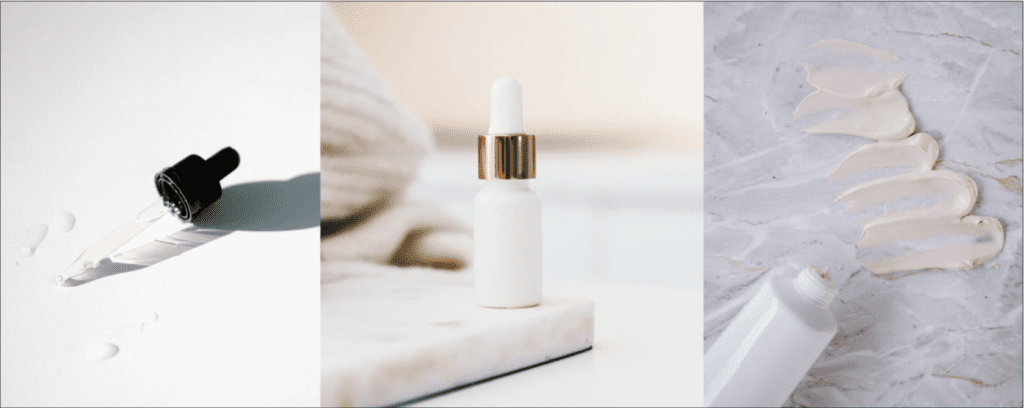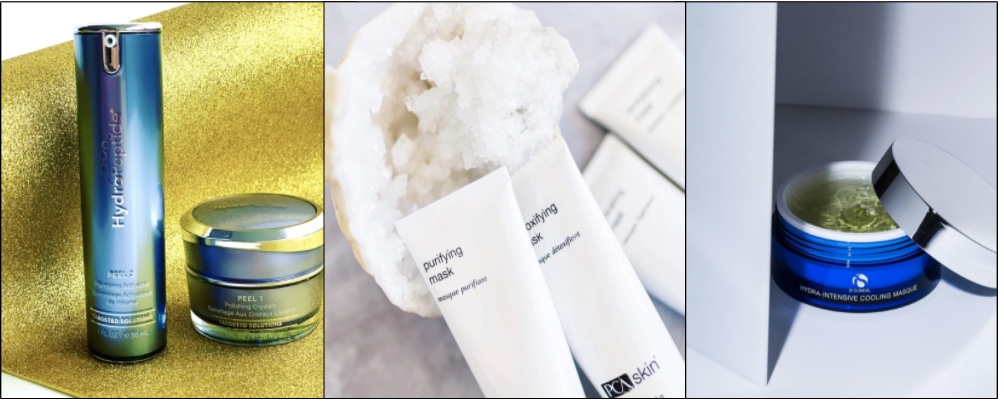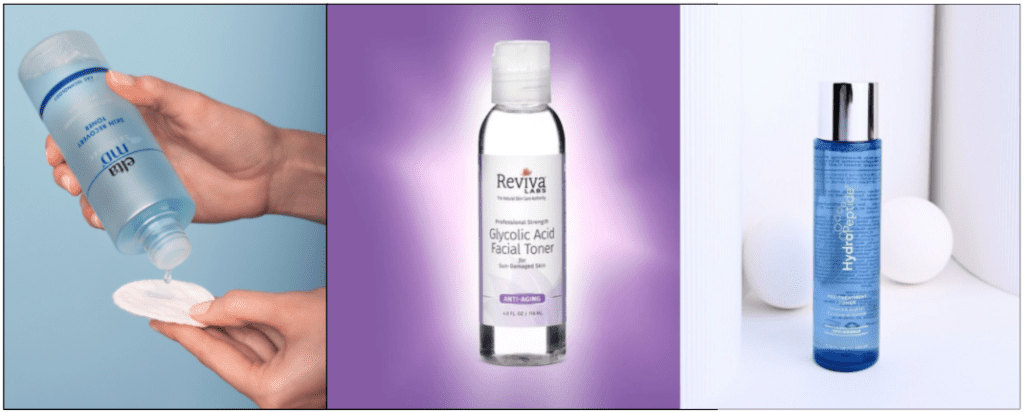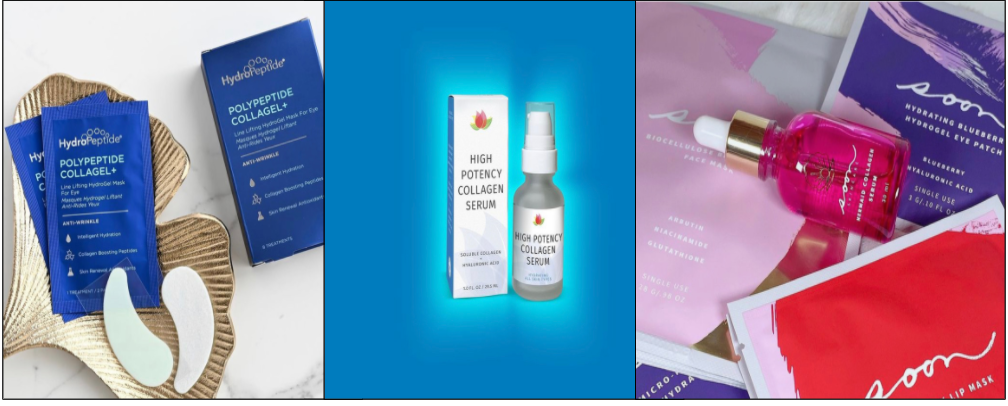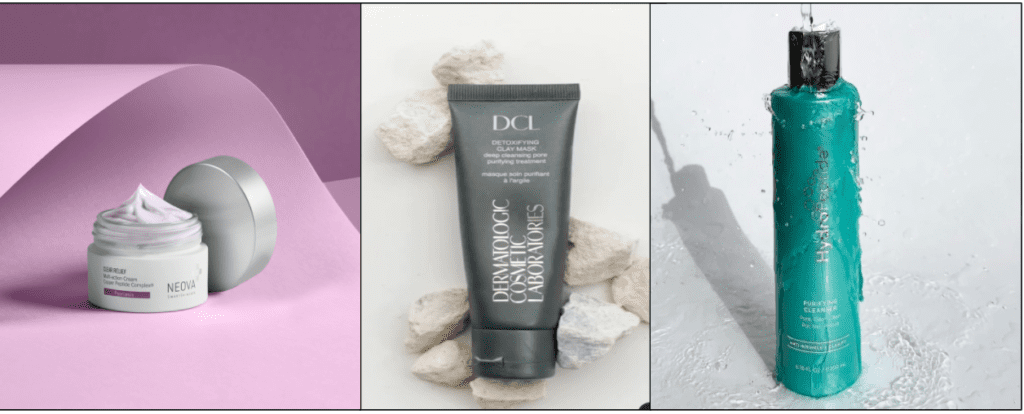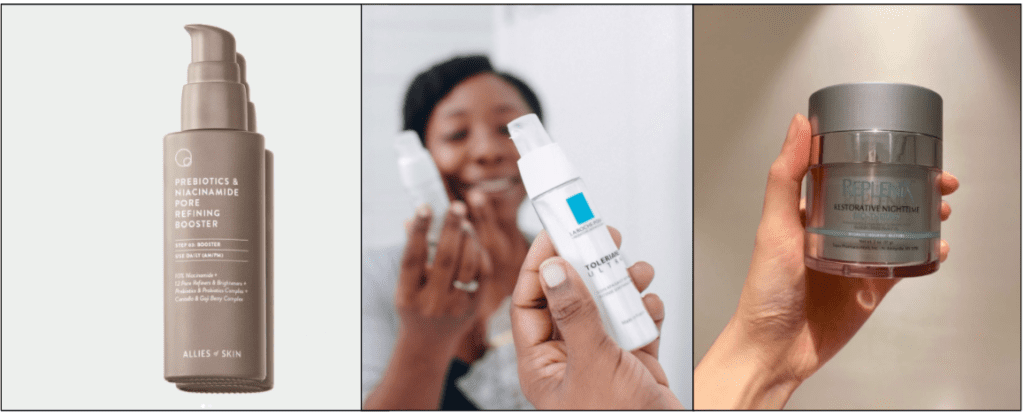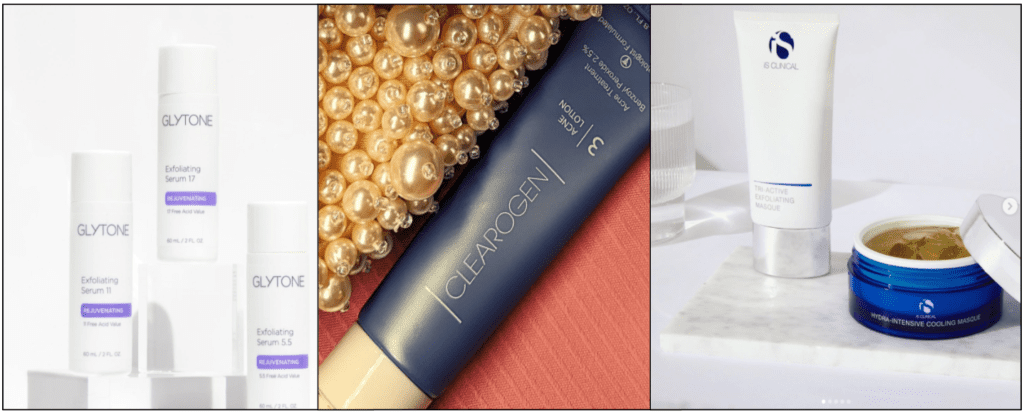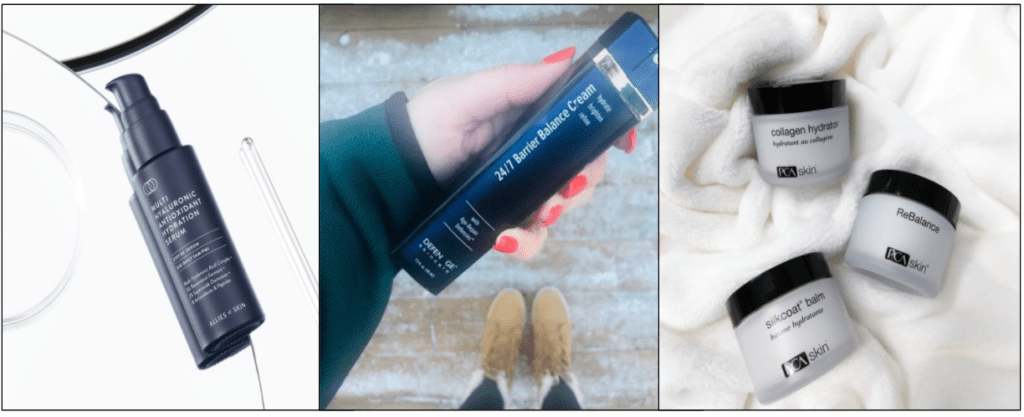When it comes to skincare, it can seem like there’s a dozen different names for every ingredient, and hundreds of ingredients to keep track of. With so many different ingredients, products, and brands on the market for skincare today, it’s important to keep track of what ingredients are used for what, and what the difference between similar ingredients are. For example- one of skincare’s most beloved ingredients, retinol, often gets confused with retinoids and tretinoin. Below, we’re showing you the biggest differences between these ingredients, and how you can best incorporate them into your skincare routine.
What are these ingredients used for?
Generally speaking, retinoids, the group name for all ingredients that fall under this bucket, are derivatives of Vitamin A, whether synthetic or naturally-occurring. Products with retinoids are usually used to treat serious acne, signs of aging, uneven skin tone, enlarged pores, and many other skin concerns. It can be confusing to keep track of what’s what when it comes to retinoids, but we’ll explain the differences between the two most common forms of retinoids: retinol and tretinoin.
Retinol: You’ve likely heard about retinol in skincare, as it’s one of the most popular and widely-used ingredients out there. It’s used usually for anti-aging efforts, especially to diminish the appearance of fine lines and wrinkles and prevent future signs of aging from occurring. It’s one of the only forms of retinoid that does not require a prescription for use, which is why you’ll see it in a lot more of your everyday products than other forms. It tends to be more gentle than other forms, especially tretinoin, but isn’t as potent, which is why it doesn’t require a prescription from your doctor. Read even more about retinol in our blog.
Tretinoin: Tretinoin is a prescription-only form of retinoid, otherwise known as retinoic acid, usually prescribed to those who are looking for serious acne treatment. It’s the most effective form of retinoid, as it can directly penetrate your skin and is proven to reduce signs of aging and help with acne. It works to stimulate collagen production and increase cell turnover, allowing for young, fresh skin to appear. It can help with signs of aging, hyperpigmentation, uneven skin tone, and acne. It can be somewhat irritating for those who may be new to retinoids, which is why it requires a doctor’s visit to attain.
Where can I find products with retinoids?
Like we mentioned before, you’ll have to visit a dermatologist or other doctor to add tretinoin to your skincare routine. The most common brand name of tretinoin is Retin-A, and can be prescribed especially for those suffering from moderate to severe acne, among other concerns. As far as retinol, there are products all over the market that advertise it as included in their products, but you’ll want to be careful about strengths and combining other ingredients. Be sure to check out our blog on the Dos and Don’t of Mixing Skincare Ingredients for more information on retinol!
The Neostrata Retinol Repair Complex contains 0.5% retinol delivered in a time-release system, combined with glycerin and dimethicone to target the areas of the skin in need of lifting, firming and healing, while also keeping it hydrated and smooth. Another great option is the Jan Marini Age Intervention Retinol Plus, formulated with hyaluronic acid, green tea, dimethicone, peptides, shea butter and retinol to stimulate and reveal a youthful and healthy complexion. In addition, the Glowbiotics Advanced Retinol Renewal treatment has Smart Retinol Complex combined with caffeine, green tea, Vitamin E, shea butter, glycerin and dimethicone to deliver powerful results in smoothing the skin while also refining the pores and brightening your complexion. If you suffer from more sensitive skin, but are looking for a way to treat your aging concerns, try the PCA Skin Retinol Treatment for Sensitive Skin. It uses retinol and niacinamide to gently minimize the appearance of fine lines and wrinkles while also calming and soothing the skin.
As always, please reach out if you have any questions about how to use retinoids or what kind may be best for you!

